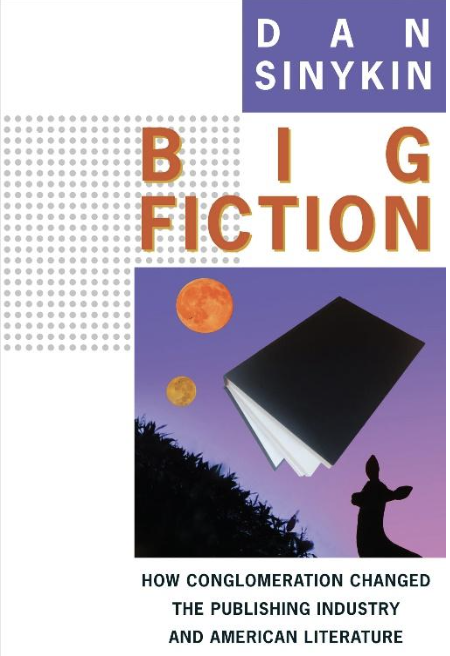- Accessibility Options:
- Skip to Content
- Skip to Search
- Skip to footer
- Office of Disability Services
- Request Assistance
- 305-284-2374
- Display:
- Default
- High Contrast
- Apply
- About UM
- Give to UM
-
Schools
- School of Architecture
- College of Arts and Sciences
- Miami Herbert Business School
- School of Communication
- School of Education and Human Development
- College of Engineering
- School of Law
- Rosenstiel School of Marine, Atmospheric, and Earth Science
- Miller School of Medicine
- Frost School of Music
- School of Nursing and Health Studies
- The Graduate School
- Division of Continuing and International Education
- Alumni
- Application and Admissions
- Course Offerings
- Job Placement and Awards
- Guide to PhD in English Literature
- Caribbean Studies Concentration
- Digital Humanities Certificate
- Medieval and Early Modern Concentration
- Research Groups
- Current PhD Students
- UGrow - Graduate Opportunities at Work
- English Graduate Organization (EGO)
- PhD Dissertations
- Ph.D. Publications
-
Undergraduate
-
-
Graduate
- Course Offerings
- Research Groups
- Job Placement and Awards
- Guide to PhD in English
- Caribbean Studies Concentration
- Digital Humanities Certificate
- Medieval and Early Modern Concentration
- UGrow
- People
-
Creative Writing
- Director's Message
- Master of Fine Arts
- MFA Program Guide
- Undergraduate
- Creative Writing Faculty
- Alumni Publications
- Give
- Contact Us
- Application and Admissions
- Course Offerings
- Job Placement and Awards
- Guide to PhD in English Literature
- Caribbean Studies Concentration
- Digital Humanities Certificate
- Medieval and Early Modern Concentration
- Research Groups
- Current PhD Students
- UGrow - Graduate Opportunities at Work
- English Graduate Organization (EGO)
- PhD Dissertations
- Ph.D. Publications



 Further invigorated by the emergence of the digital humanities over the last two decades, print culture has played a crucial role in U.S. literary and cultural studies. This course will examine a wide range of literary periods by pairing important works of print studies scholarship with some of novels they examine. Beginning in the era of the U.S. Revolution, we will read excerpts from William Charvat's
Further invigorated by the emergence of the digital humanities over the last two decades, print culture has played a crucial role in U.S. literary and cultural studies. This course will examine a wide range of literary periods by pairing important works of print studies scholarship with some of novels they examine. Beginning in the era of the U.S. Revolution, we will read excerpts from William Charvat's 